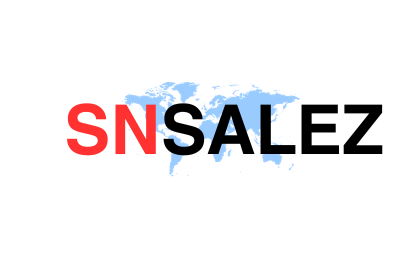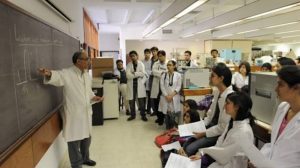Dr. Maryam Mustafa, an Assistant Professor of Computer Science at LUMS and the Director of the Saida Waheed Gender Initiative, recently had the opportunity to showcase her groundbreaking project, ‘Awaaz-e-Sehat: Empowering Maternal Healthcare with Voice-Enabled Electronic Record Management,’ at the 78th United Nations General Assembly. She was a featured participant in a session focusing on ‘Artificial Intelligence for Accelerating Progress on the Sustainable Development Goals: Addressing Society’s Greatest Challenges.’
Dr. Maryam Mustafa’s project stood out and received a prestigious grant from the Bill and Melinda Gates Foundation, a remarkable feat considering it was selected from among more than 1,300 global proposals for its Grand Challenges Catalysing Equitable Artificial Intelligence (AI) Use award. Collaborating with her on this significant initiative are Dr. Hassan Mohy Ud Din (Project Co-PI, LUMS), Dr. Beena Ahmed (Project Co-PI, UNSW), and Dr. Fozia Umber (Project Co-PI, Shalamar Hospital).
In a nation grappling with subpar pregnancy outcomes, the absence of documented medical records for expectant women seeking care poses a significant challenge for healthcare professionals. This dearth of information hampers doctors’ ability to provide precise diagnoses and tailored care that takes into account socio-economic and lifestyle factors, which are crucial determinants of maternal health outcomes.
Dr. Maryam Mustafa and her dedicated team are diligently working on developing a voice-enabled, mobile phone-based, conversational AI assistant called Awaaz-e-Sehat. This innovative solution aims to empower maternal healthcare workers in Pakistan by enabling them to create and maintain detailed electronic medical records.
Awaaz-e-Sehat will capture audio responses in various languages based on specific prompts through a proof-of-concept system that includes an intuitive user interface, a speech recognition module, and a text recognition module. The system will then transform these responses into text and populate a template electronic medical record in Urdu. This groundbreaking technology will be put to the test by maternal healthcare workers at Shalamar Hospital in Lahore, where it will be assessed for its ability to collect records from 500 patients.
The driving force behind Dr. Maryam Mustafa’s research proposal is the urgent need to enhance maternal health outcomes in Pakistan. She pointed out, “Our country grapples with some of the poorest pregnancy outcomes globally, a situation significantly worse than many other low-income countries. Our maternal mortality ratio stands at a staggering 186 deaths per 100,000 live births, compared to the developed-country average of just 12 deaths per 100,000.”
Highlighting the critical gap in resources, she emphasized, “The maternal healthcare system in Pakistan is severely under-resourced, with no available tools to support electronic record keeping.” Dr. Maryam Mustafa’s ultimate goal is to expand the implementation of Awaaz-e-Sehat to maternal healthcare facilities throughout Pakistan. She believes it has the potential to not only improve patient treatment but also generate datasets crucial for training diagnostic AI tools aimed at addressing maternal health challenges in Pakistan.




